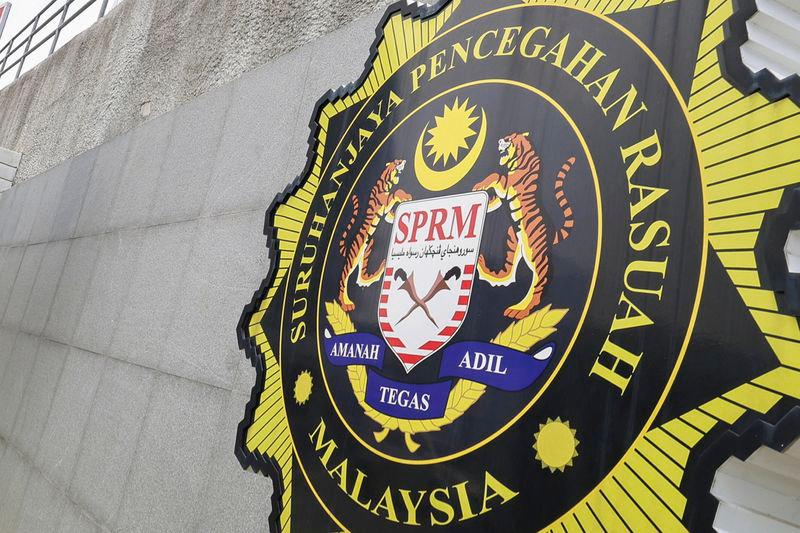IPOH: The Sungai Tumboh Development Cooperative (KPST) today lodged a report to the Malaysian Anti-Corruption Commission (MACC), alleging abuse of power following the eviction and invasion of land cultivated by KPST in Seri Iskandar in an incident on Sept 27 last year.
KPST chairman Zainudin Norhan claimed that as a result of the land invasion and eviction, which also caused the destruction of crops, the cooperative, which is made up of small palm oil farmers, could no longer continue cultivating the land that had been worked on for over a decade.
“There is a possibility of an under-the-table transaction related to the ownership of the land we were cultivating because, before the invasion, a transaction of RM4 million was deposited into the cooperative’s account.
“It was said to be compensation provided by a third party (developer), yet we, the board members and other members of the cooperative, never agreed to any such arrangement. Therefore, we request that MACC investigate how this thing could have occurred,” he told a press conference outside the Perak MACC office today.
Meanwhile, the Malaysian Humanitarian Organisation (MHO) secretary-general Datuk Hishamuddin Hashim, said their organisation has also called for an investigation by MACC into the land invasion and eviction, which was alleged to have occurred without any notice or court order.
“The 1,052-hectare land was granted to the Perak State Development Corporation (PKNP), and there should have been a reasonable resolution between PKNP and the cooperative, but that did not happen.
“The cooperative, which consists of 400 families, had also convened a meeting with PKNP, but no solution was reached. So how could it have been handed over to a third party?” he said.
Zainudin said that the eviction and destruction of crops were allegedly based on ‘an agreement’ signed by the previous leadership of the cooperative with the developer.
“The cooperative board members claim they never agreed to the eviction, and there was no special meeting held to discuss this matter.
“However, the developer claims that an agreement was signed and compensation was paid to the cooperative. But the question we have now is who signed the agreement on behalf of the cooperative?” he said, adding that the cooperative had been offered a replacement area, but rejected it because the new land was unsuitable for palm oil cultivation due to its swampy nature.









